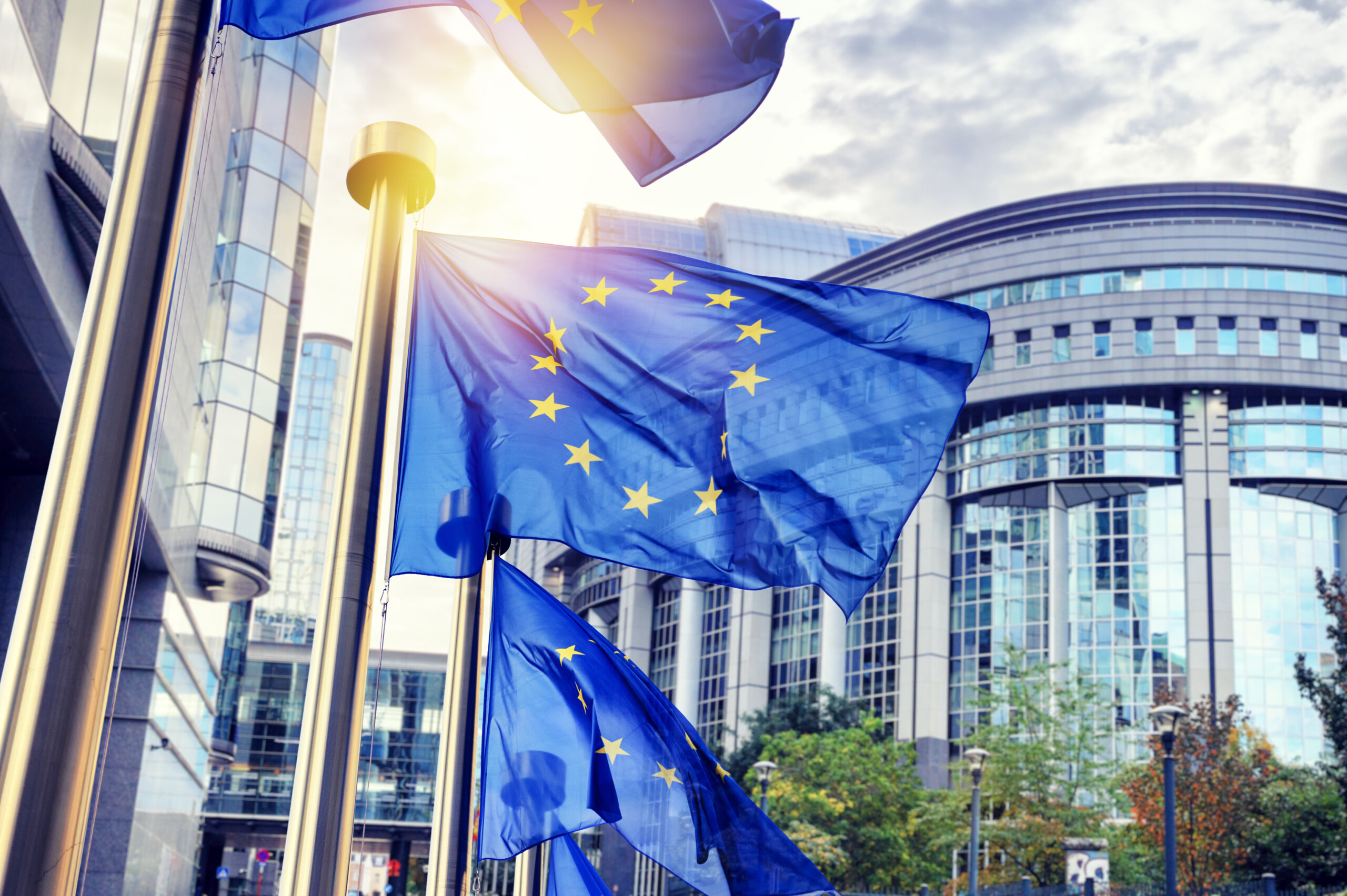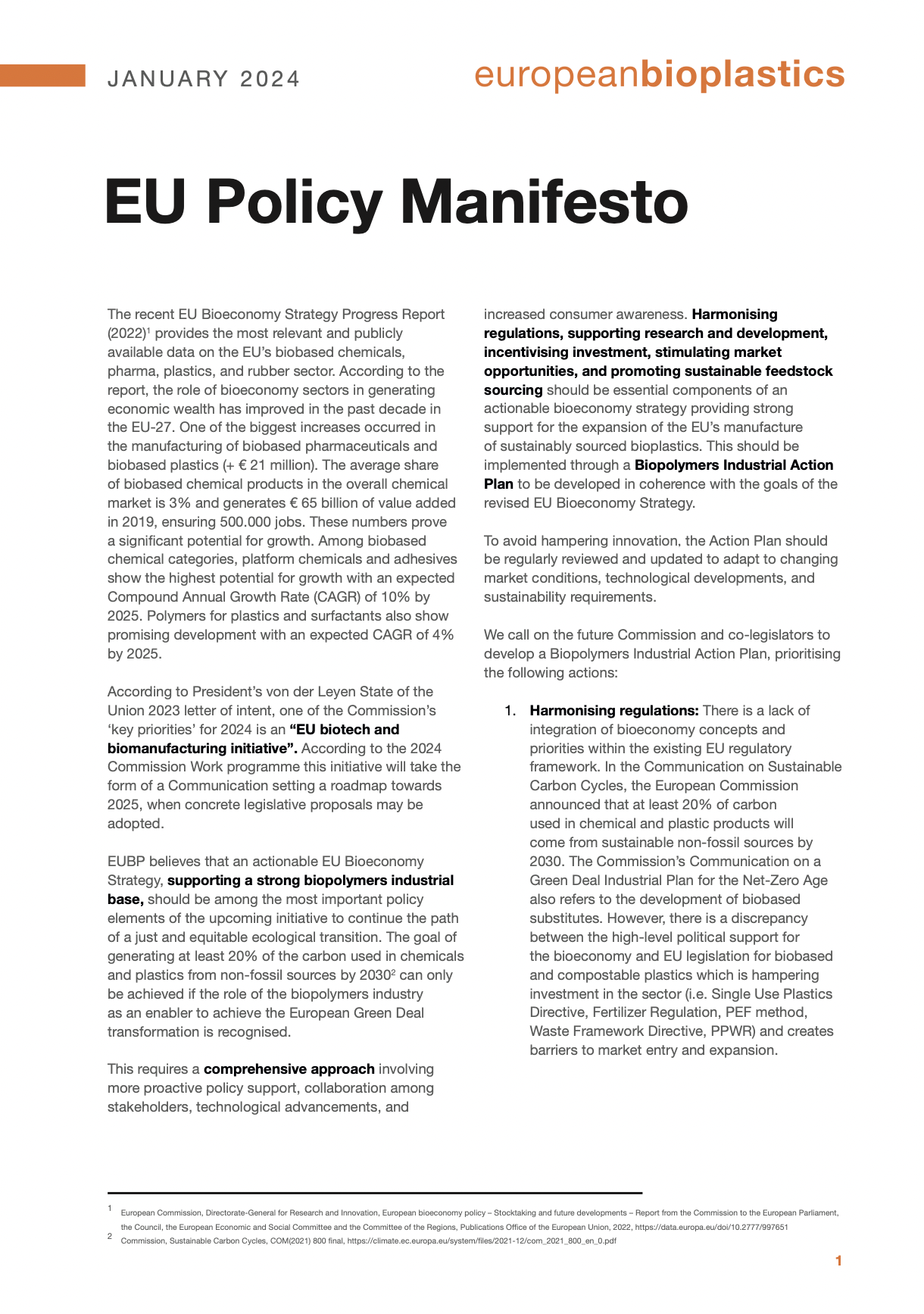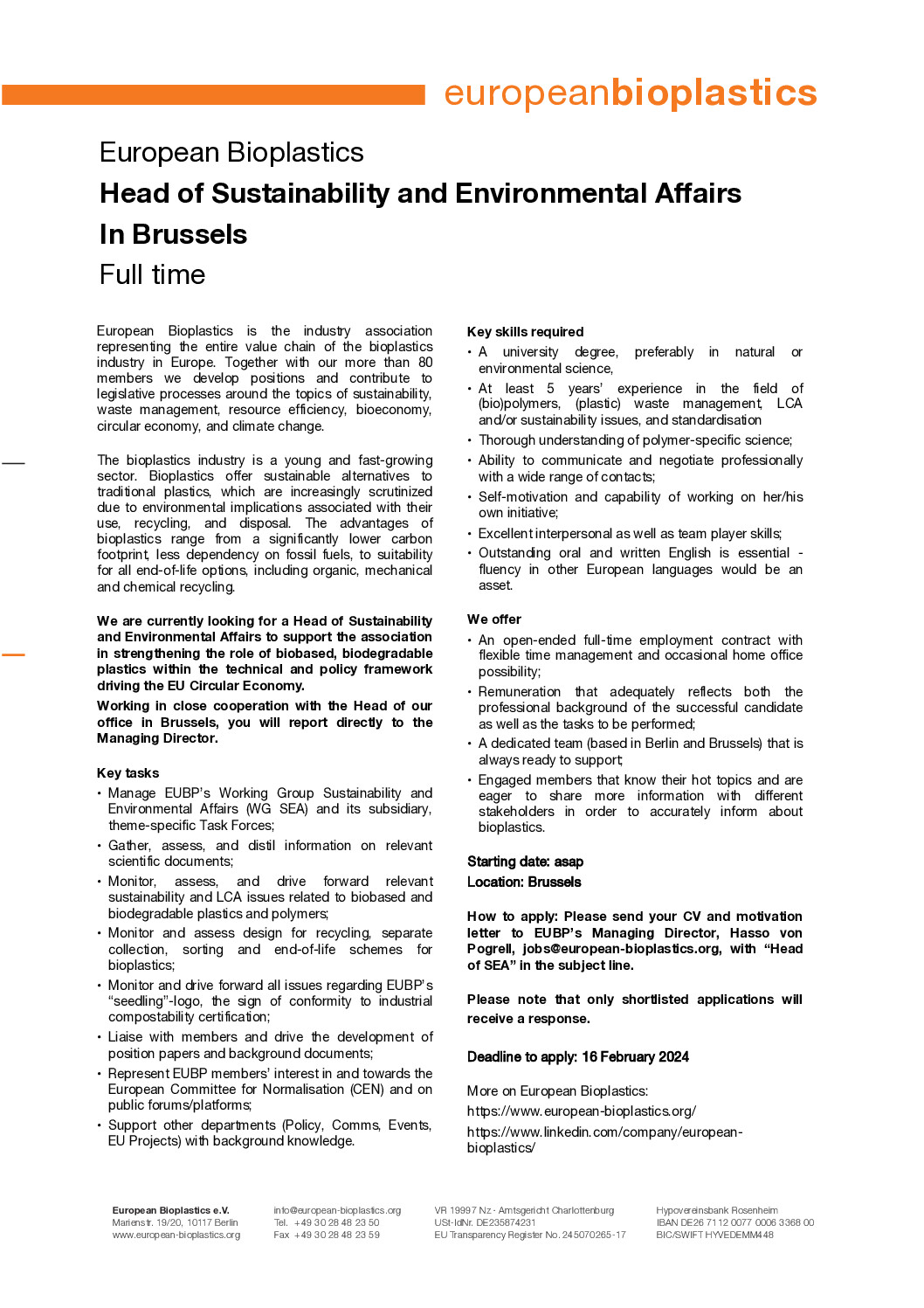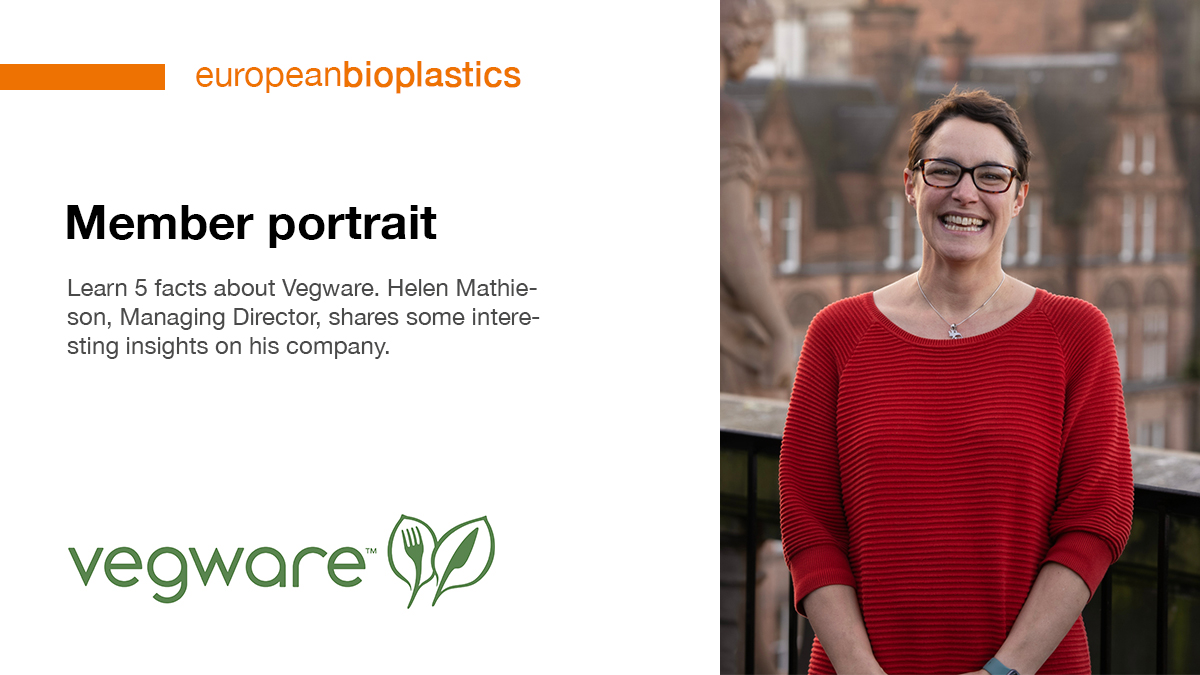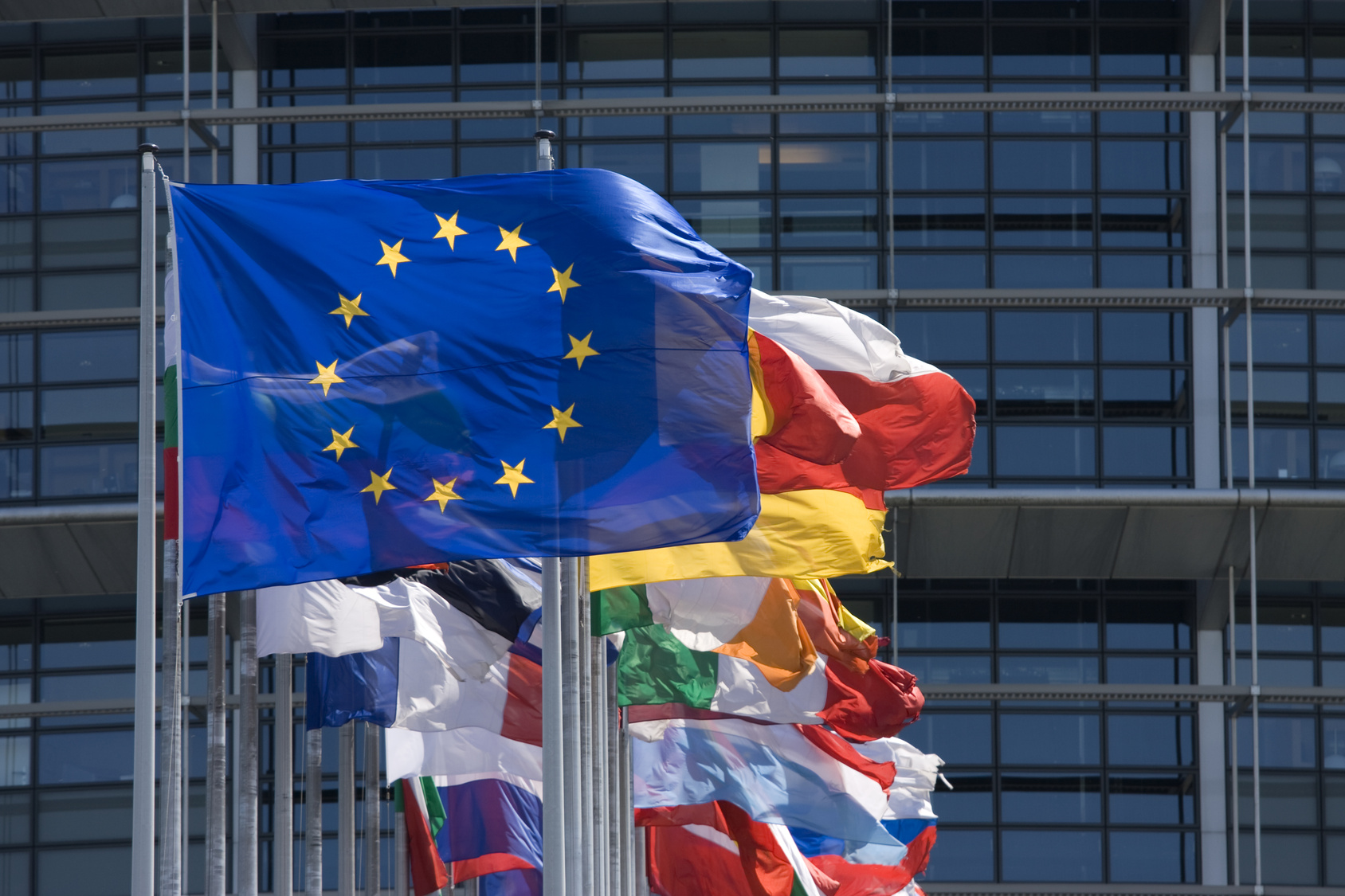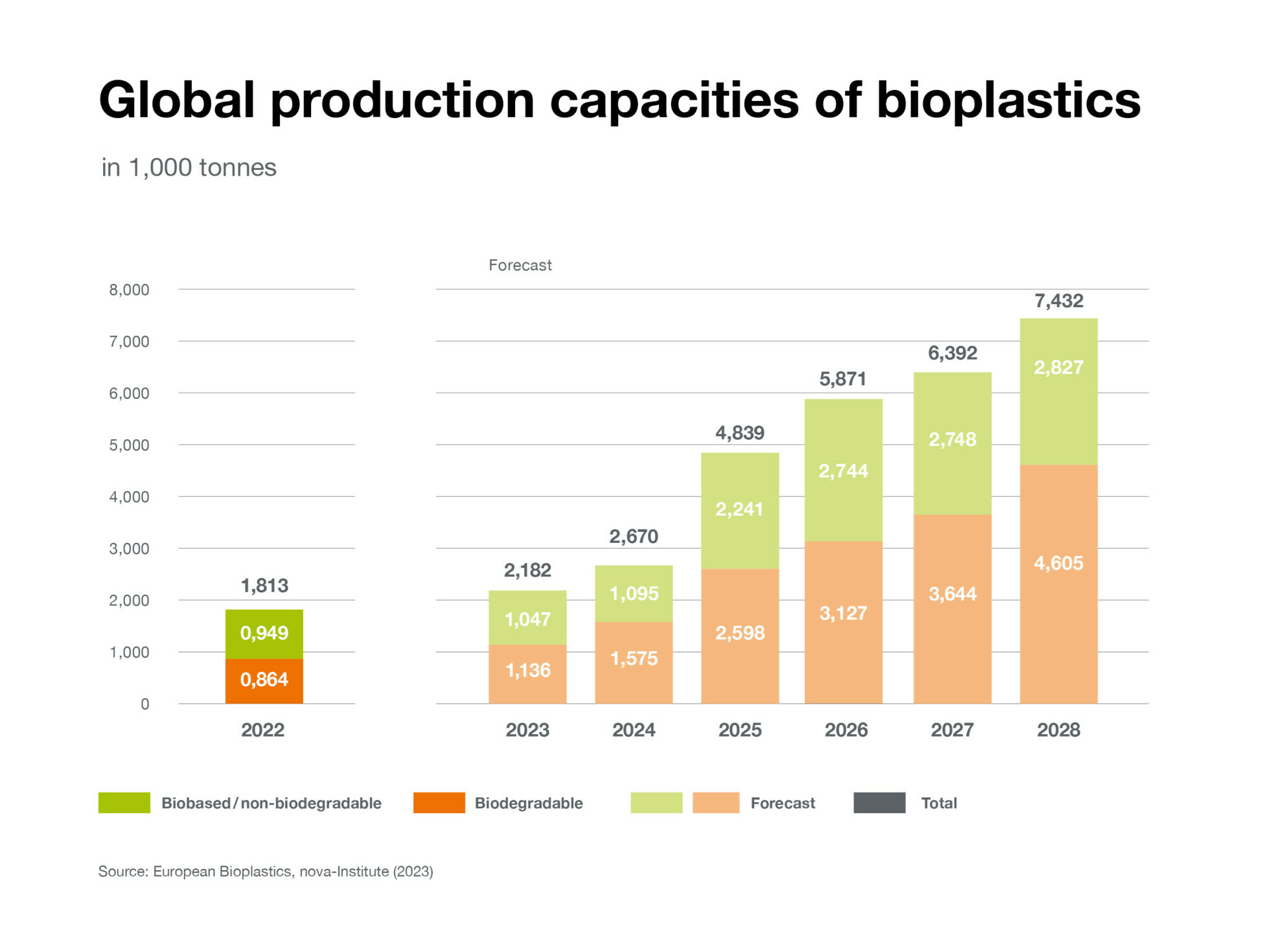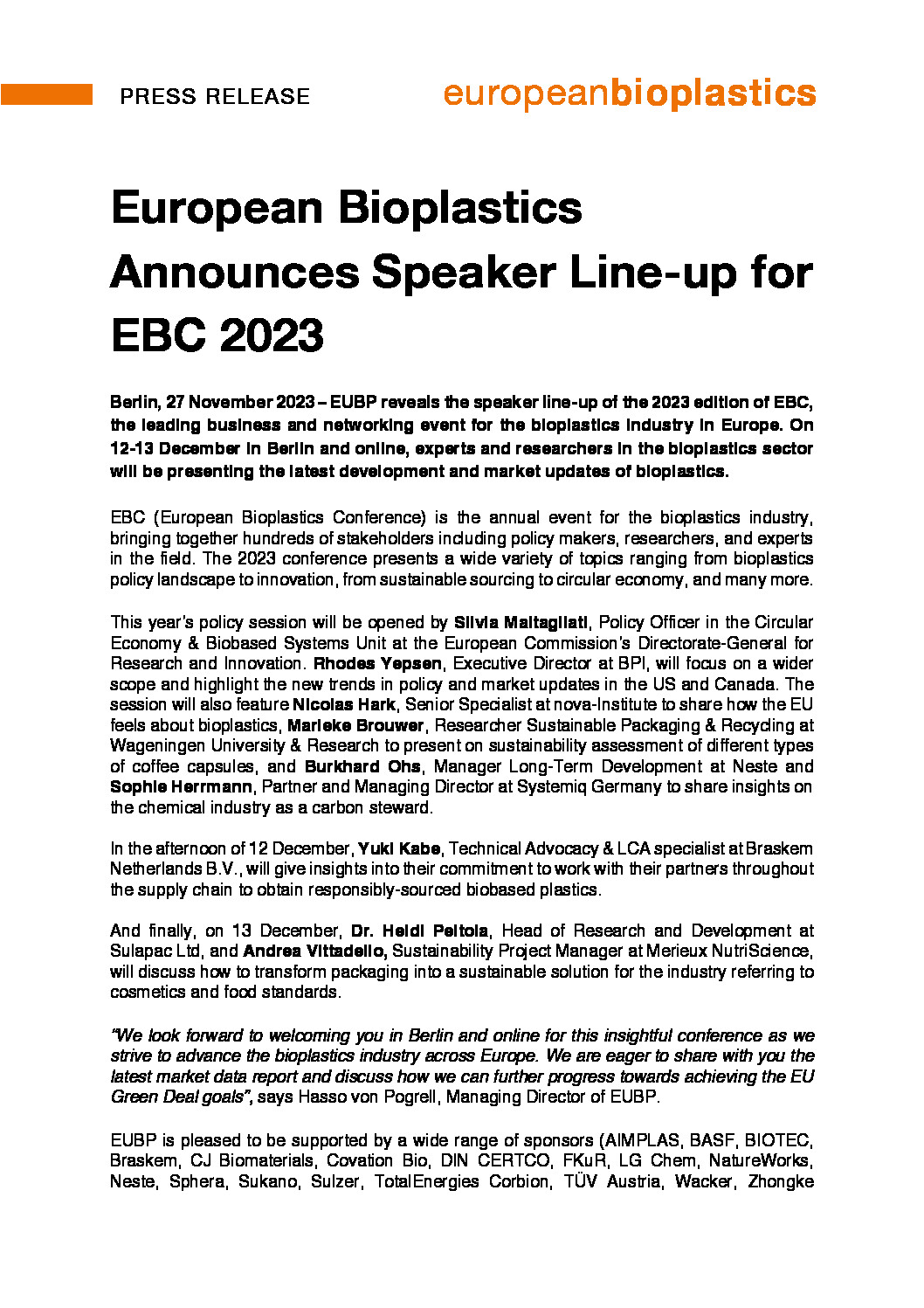Which path will sustainable circular biobased packaging take? Co-design a 2030 Roadmap PRESERVE event in Berlin
In December 2023, PRESERVE, an EU-funded project, kicked off a co-design process to build a Roadmap for sustainable biobased packaging with key stakeholders. The goal: 60% food and drink packaging to be upcycled and made from renewable resources by 2030. Since 2021, PRESERVE has been working on the development of technologies to upcycle biobased [...]

